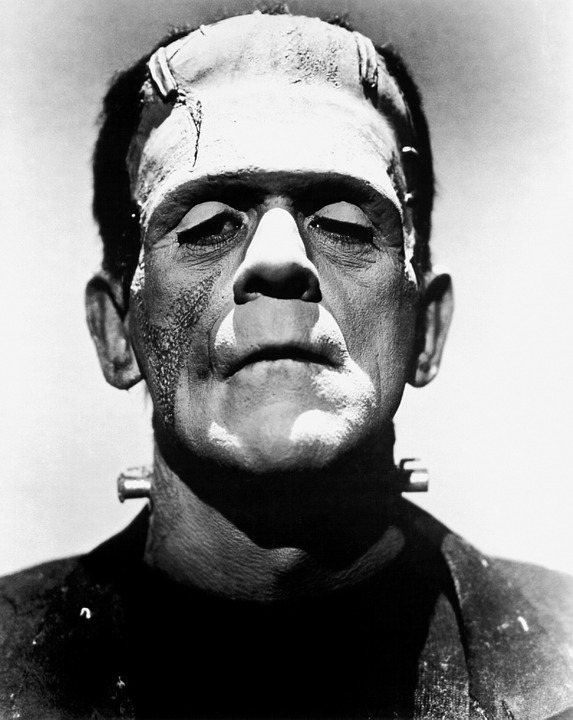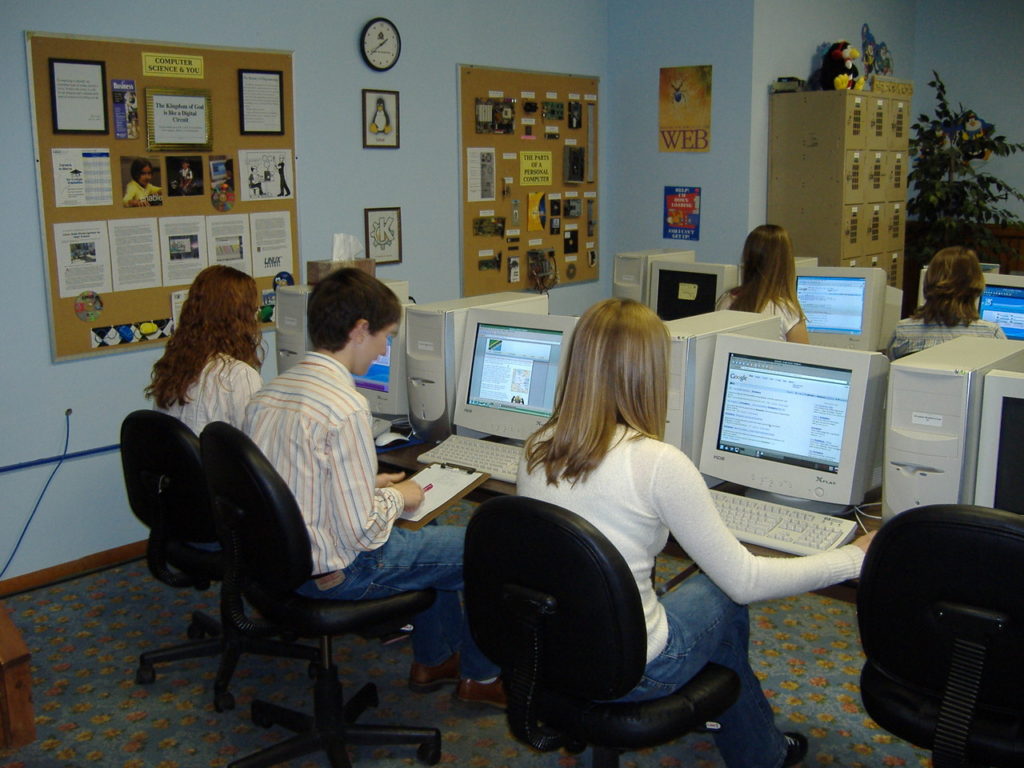
Careers in science and mathematics are more plentiful and profitable than they’ve ever been before. Yet, it can be difficult to find students who’d rather spend time in the lab than in front of a screen playing a video game. Fortunately, in this instance science fiction can help both teachers and students alike engage in real-life science. Here’s a list of five sci-fi books that’ll capture the imagination of even the most reticant student:
Frankenstein
The grand-daddy of all science fiction works, Frankenstein the novel is itself a mish-mash of different themes. Mary Shelley borrowed elements of horror, romanticism, and tragic themes to bring her nightmarish (literally) vision to life. Without Frankenstein, it’s hard to imagine what the landscape of sci-fi might look like. We owe so many tropes to the novel (the mad scientist, the misunderstood monster, the profound lessons about humanity) that’s it’s difficult to envision any of these other books existing without it.
The Time Machine
H.G. Wells was the master of proto-science fiction, and while a few of his other works, (The War of the Worlds, Invisible Man) have garnered more attention on the silver screen, The Time Machine is nevertheless a classic. Perhaps the first “dystopian novel,” ever written, it’ll leave readers spellbound and horrified at the same time.
Who Goes There?
Like many great sci-fi books before it, John Campbell’s Who Goes There? was eventually adapted into film form –– twice as a matter of fact. First, in the 1950s as “The Thing from Another World,” and then again in 1982 as simply, “The Thing.” Chilling, concise, and decades ahead of its time, this story is an underappreciated gem.
Jurassic Park
Everyone knows this story by now. And everyone can recall iconic moments from the Steven Spielberg movie: scientists using drawing needles to extract dinosaur DNA from million-year old mosquitos frozen in amber, the glass of water trembling with the approach of the T-Rex, the raptor’s talon tapping menacingly on the hunt. However, the Michael Crichton novel is just as enthralling as the movie. And it borrows many themes from Frankenstein. Try reading both to compare and contrast!
Slaughterhouse-Five
Kurt Vonnegut’s tour-de-force is not only one of the greatest works of science fiction ever produced –– it’s one of the best novels of all time. All at once science fiction, romance, comedy, tragedy, and a harrowing account of the second World War, Vonnegut lifted science fiction from bookstore basements and the pulp underbelly of the literary world firmly into the limelight. It’s worth noting that Vonnegut himself was a biologist who drew on his scientific background to craft some of the zaniest, funniest, and most powerful stories of the 20th century.


